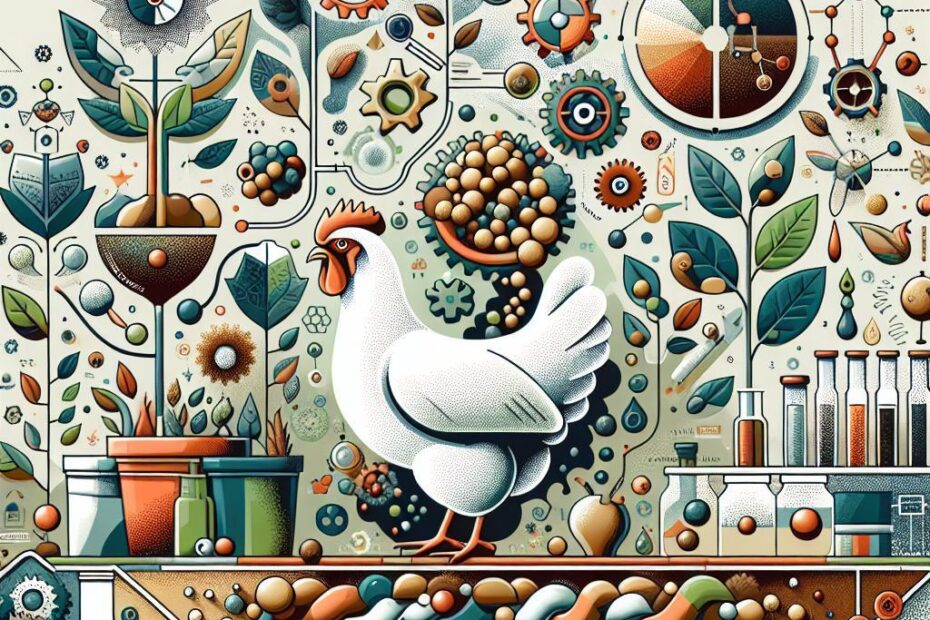Title: Is Chicken Poop Good for Gardens? Benefits, Tips, and More
Introduction:
One often-overlooked source of natural fertilizer for gardens is chicken poop. While it may not be the most pleasant topic, chicken manure can be a valuable resource for gardeners looking to improve soil health and boost plant growth. In this article, we will explore the benefits of using chicken poop in gardens, provide practical tips for its application, and share some case studies and first-hand experiences to showcase its effectiveness.
Benefits of Using Chicken Poop in Gardens:
-
Rich in Nutrients: Chicken poop is a nutrient-rich fertilizer, containing high levels of nitrogen, phosphorus, and potassium – essential nutrients for plant growth.
-
Improves Soil Structure: The organic matter in chicken manure helps improve soil structure, making it more conducive to plant growth and enhancing water retention.
-
Boosts Microbial Activity: Chicken poop contains beneficial microorganisms that can help improve soil health and promote nutrient uptake by plants.
-
Cost-Effective: Using chicken manure as a fertilizer can be a cost-effective alternative to commercial fertilizers, especially for those who raise backyard chickens.
Practical Tips for Using Chicken Poop in Gardens:
-
Composting: Before using chicken poop directly in the garden, it is advisable to compost it first to reduce the risk of burning plants due to high nitrogen levels. Mix the manure with carbon-rich materials like straw or leaves and allow it to decompose for several months before using it as a fertilizer.
-
Application Rates: When using chicken manure as a fertilizer, it is important to apply it in moderation to avoid over-fertilization. A general rule of thumb is to apply 1-2 inches of composted chicken manure per square foot of garden bed.
-
Timing: It is best to apply chicken manure to garden beds in the fall or early spring to allow time for the nutrients to break down and become available to plants.
-
Avoid Fresh Manure: It is important to avoid using fresh chicken manure in gardens as it may contain harmful pathogens and can burn plants due to its high nitrogen content. Composting the manure first will help mitigate these risks.
Case Studies and First-Hand Experiences:
-
Maria’s Garden: Maria, a gardener from California, started using composted chicken manure in her vegetable garden and saw a significant improvement in plant growth and yield. She noted that her tomatoes were larger and more prolific after adding chicken manure to the soil.
-
Steve’s Orchard: Steve, an orchard owner from Oregon, incorporated chicken manure into his orchard soil and observed healthier tree growth and increased fruit production. He found that using chicken manure as a fertilizer reduced the need for additional chemical fertilizers.
Conclusion:
In conclusion, chicken poop can be a valuable source of natural fertilizer for gardens, providing essential nutrients, improving soil structure, and promoting microbial activity. By following practical tips for its application and learning from real-life case studies and experiences, gardeners can harness the benefits of chicken manure to enhance plant growth and overall garden health. Next time you clean out your chicken coop, consider composting the manure and using it to nourish your garden – your plants will thank you for it!
